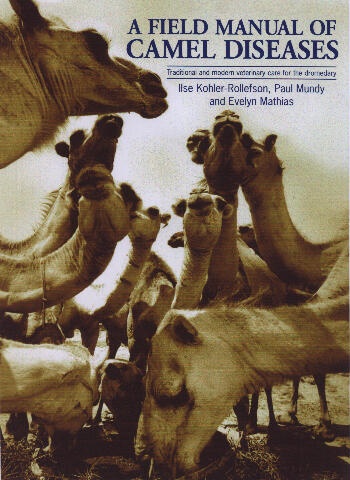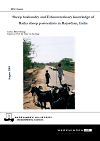Livestock keepers: Guardians of biodiversity
Smallholder farmers and pastoralists fulfil an invaluable yet undervalued role in conserving biodiversity. They act as guardians of locally adapted livestock breeds that can make use of even marginal environments under tough climatic conditions and therefore are a crucial resource for food security and possibly for adapting to climate change. But in addition, by sustaining animals on natural vegetation and as part of local ecosystems, these communities also make a significant contribution to the conservation of wild biodiversity and of cultural landscapes.
The Global Plan of Action for Animal Genetic Resources acknowledges and seeks to support this crucial contribution of smallholder farmers and pastoralists to keeping our planet healthy and diverse. The United Nations Permanent Forum on Indigenous Issues backs up this strategic approach and calls for it to be strengthened, while the United Nations Convention on Biological Diversity also commits its signatories to support in situ conservation by local and indigenous communities.
This publication provides a glimpse into the often intricate knowledge systems that pastoralists and smallholder farmers have developed for the management of their breeds in specific production systems. It also describes the multitude of threats and challenges these often marginalized communities have to cope with and suggests interventions that can sustain valuable human-animal-environment relationships and combine conservation of breeds and their ecosystems with poverty alleviation.

Download document


